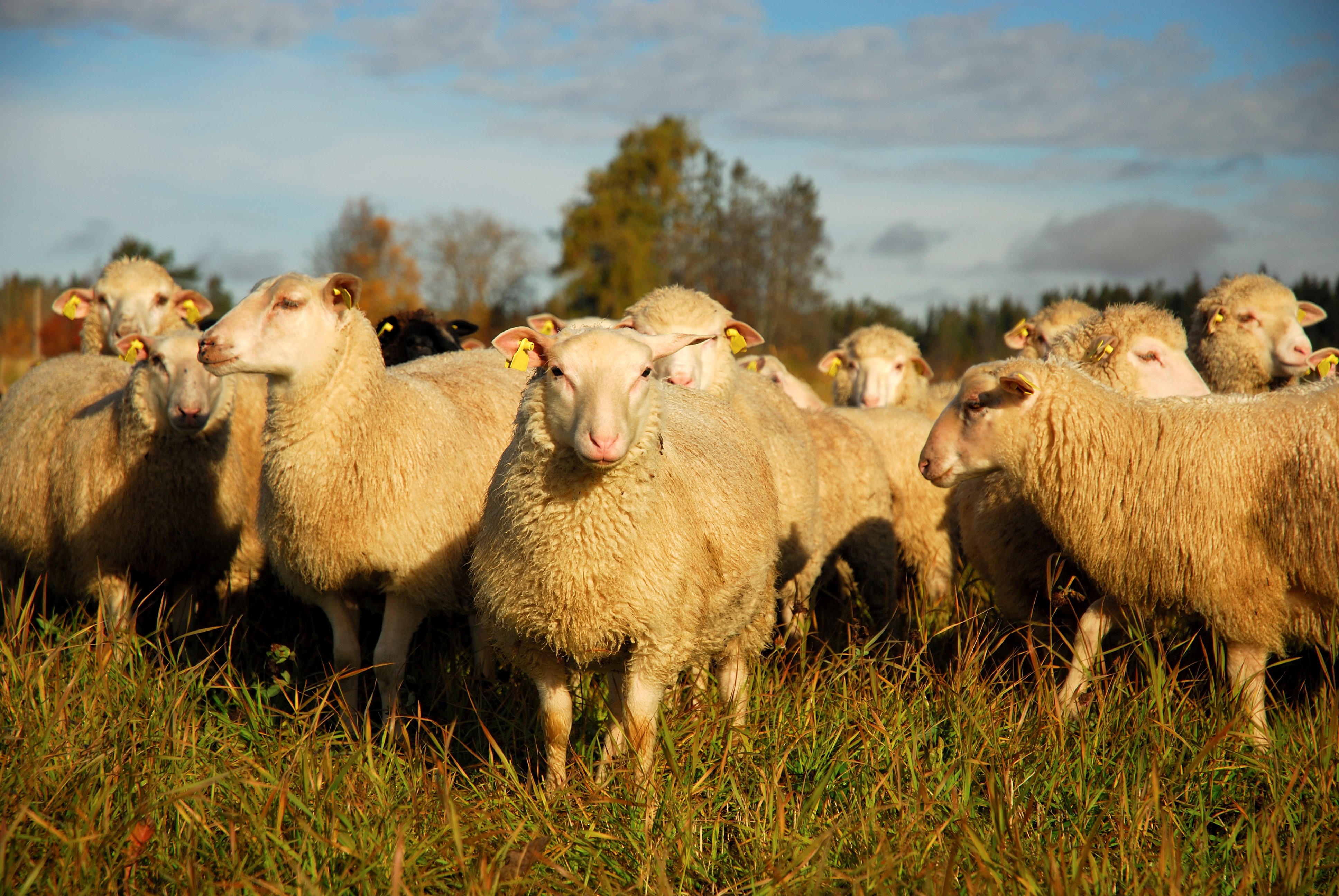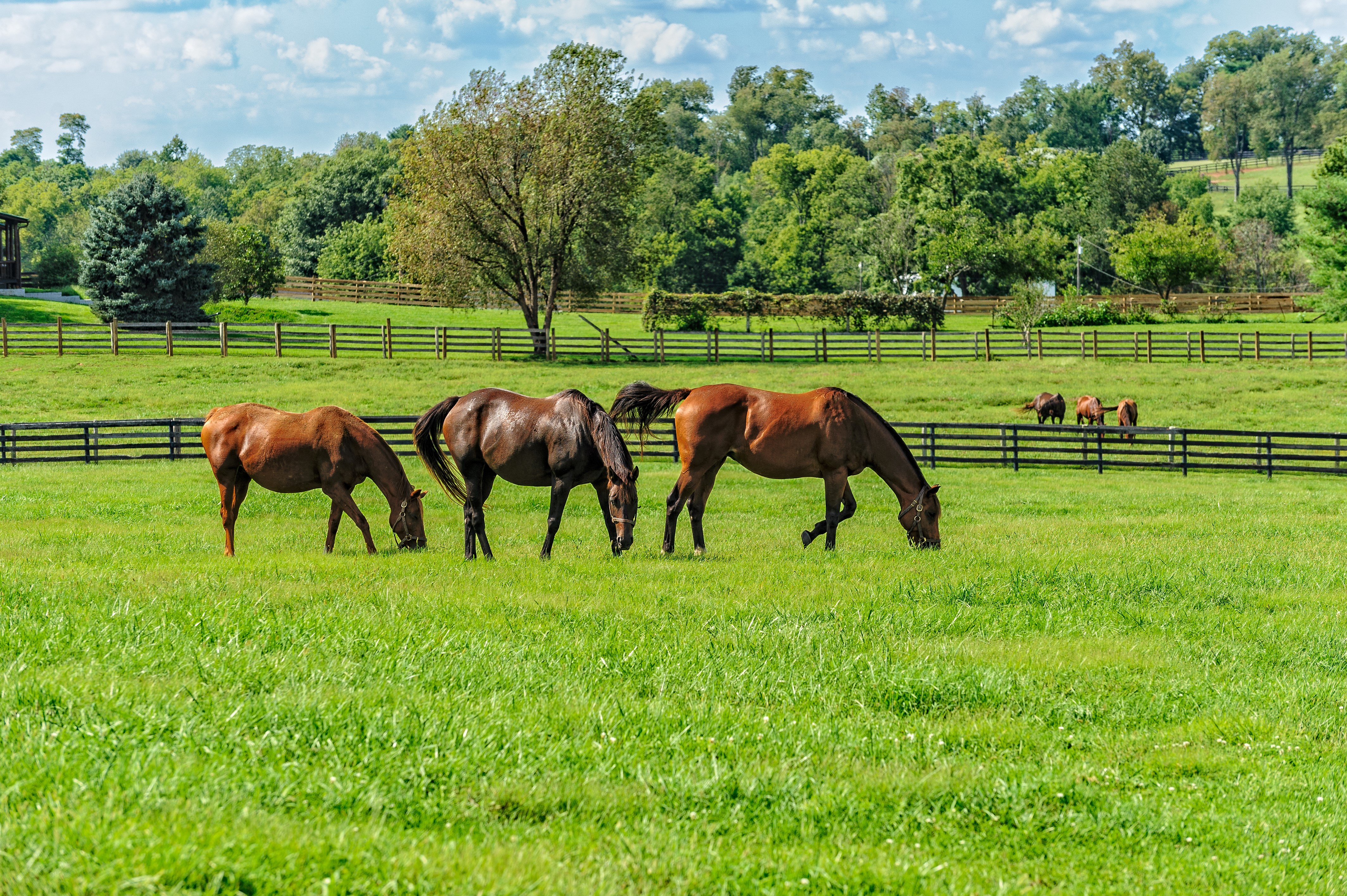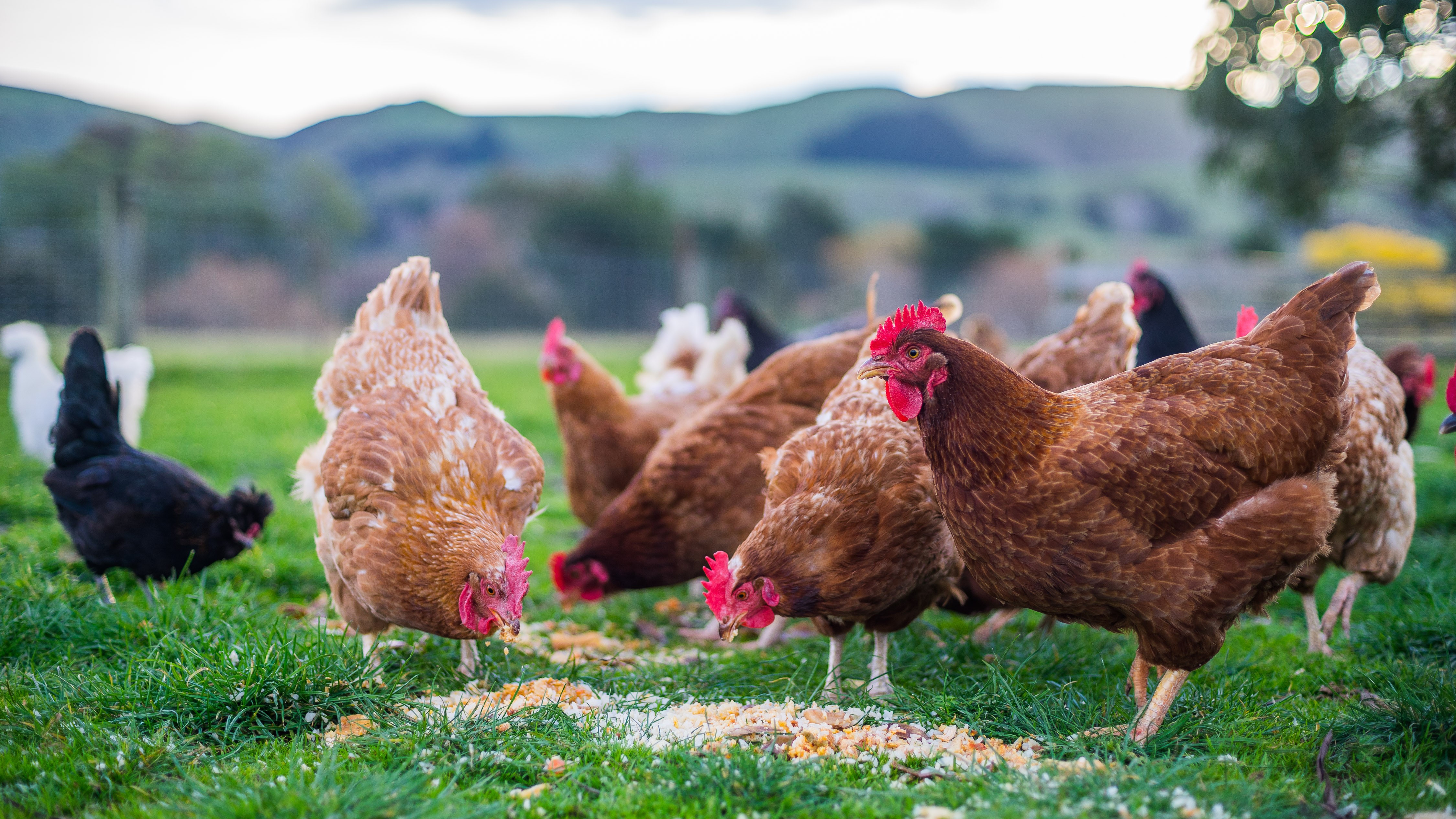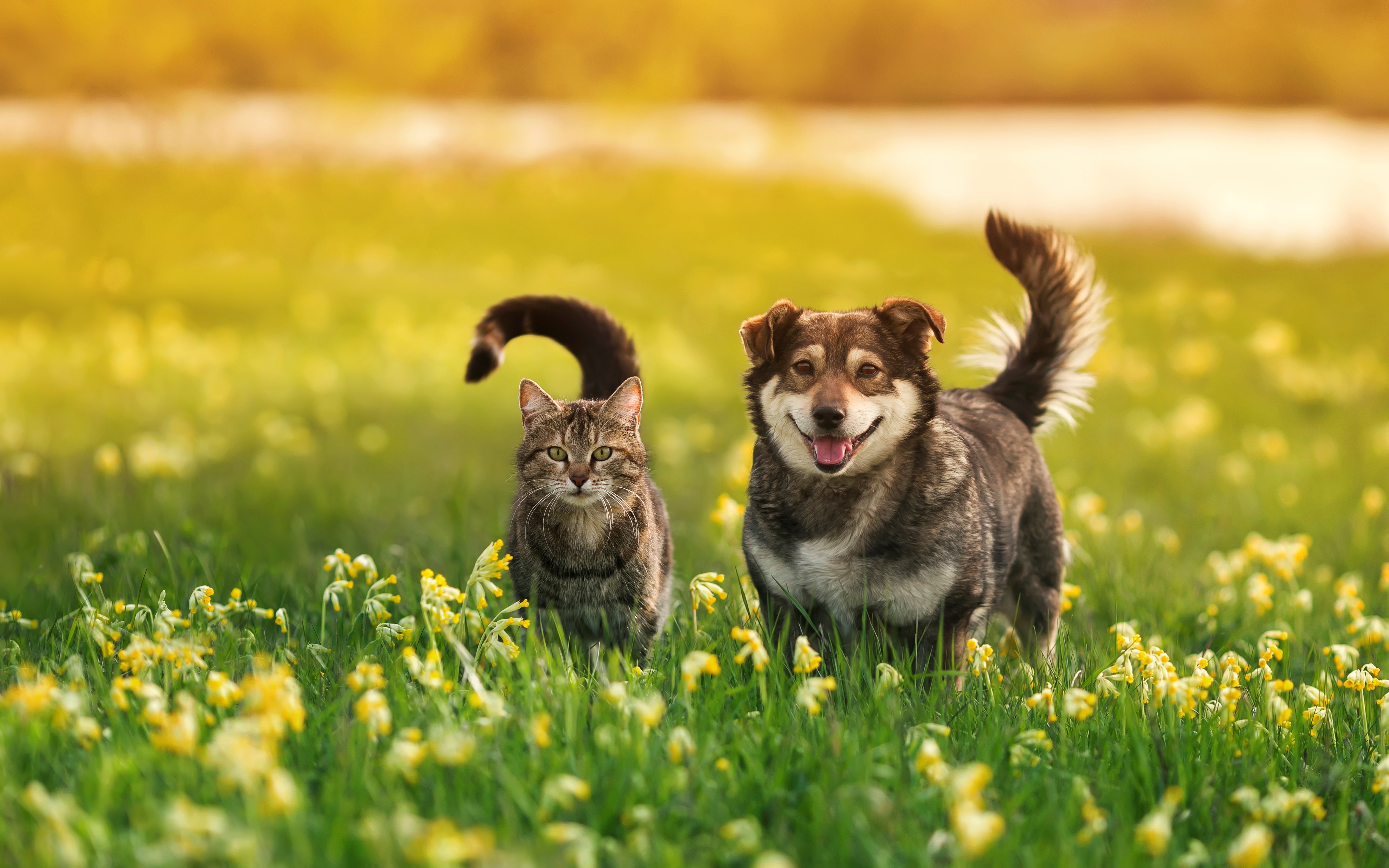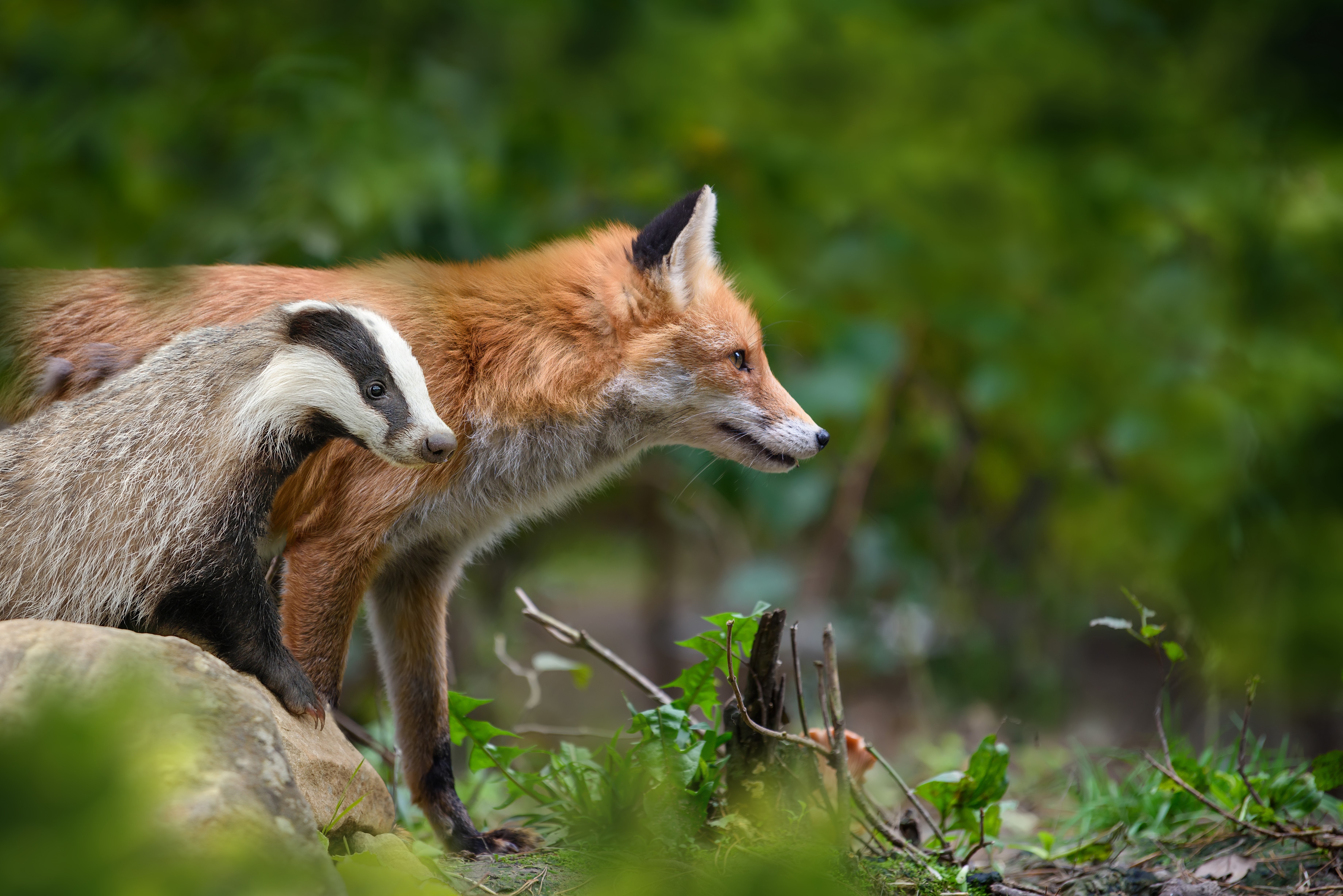Hoose/Lungworm (Dictyocaulus Viviparous)
Disease Name: Hoose/Lungworm (Dictyocaulus Viviparous)
Introduction: Lungworm infection or hoose is one of the most important respiratory diseases of cattle in Ireland. Clinical disease is most commonly seen in first season grazing calves but can also be seen in older cattle that have failed to develop or maintain immunity. Disease due to lungworm is most commonly seen in the second half of the grazing season, when large numbers of lungworm larvae can appear on pastures. Farmers should continue to monitor cattle closely for signs of lungworm infection through this latter part of the grazing season and until they are housed. Lungworm infection commonly causes an intermittent cough, particularly after exercise. However,
more serious signs of respiratory distress, including coughing at rest, increased respiratory rate and open mouth breathing may be seen in severely affected animals. Deaths may also occur, particularly if treatment is delayed. Infected adult cows may also have a severe drop in milk yield and this can be observed before respiratory signs are observed. Viral and/ or bacterial pneumonias can be seen as a secondary complication of lungworm infection.
Causes of lungworm infection:
- Lack of immunity amongst stock
- Heavily infected pasture
- Humidity and rainfall
- Geographical location
Clinical signs of lungworm infection:
- Moderate to severe coughing after mild physical activity
- Increased respiratory rate
- Open mouth breathing ( In severe cases)
- Secondary pneumonia
- Decreased milk yield
- Decreased weight gain
Diagnosis of lungworm infection:
- Clinical signs (coughing, increased respiratory rate etc )
- History (exposure status and time of year)
- Bronchi-alveolar lavage
- Faecal examination (larvae may be found using the Baermann technique if lungworm are patent. However this will not diagnose pre patent hoose )
Treatment/Control of lungworm infection:
- Anthelmentic treatment at appropriate times
- Vaccination
- Pasture management
- Consult your private veterinary practitioner for advice on how to apply the above options
Useful links:
http://animalhealthireland.ie/wp-content/uploads/2016/09/AHI_Bulletin-September-FINAL-1.pdf
